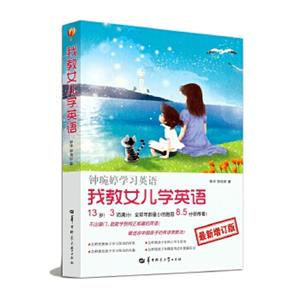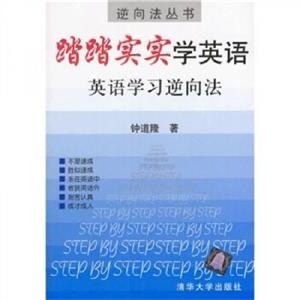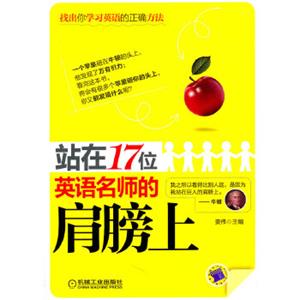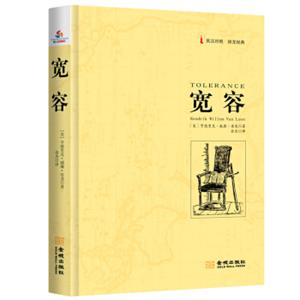![孙子的智慧(英文版)<strong>[TheWisdomofSunTzu]</strong> 孙子的智慧(英文版)<strong>[TheWisdomofSunTzu]</strong>](/upload/english2/thumb/thumb_13283824627.jpg)
孙子的智慧(英文版)[TheWisdomofSunTzu]
内容简介
该系列图书精选自中国古代经典小说名著,为方便外国读者理解,专门请有关专家对原著进行缩写改编,内容涵盖原著中有代表性的情节和故事,通过这些可读性强的故事传达出其中蕴含的中国传统文化精髓,吸引国外读者的阅读和探究兴趣,出版后特别受到国外读者喜爱。 《孙子兵法》是中国古典军事文化遗产中的璀璨瑰宝,是中国优秀文化传统的重要组成部分。其内容博大精深,思想精邃富赡,逻辑缜密严谨。大约成书于春秋末年。该书自问世以来,对中国古代军事学术,和中国当代的社会经济的发展产生了巨大而深远的影响,被人们尊奉为“兵经”、“百世谈兵之祖”。 Sun Tzu's The Art of War is a Chinese military treatise that was written by Sun Tzu in the 6th century BC, during the Spring and Autumn period. Composed of 13 chapters, each of which is devoted to one aspect of warfare, it is said to be the definitive work on military strategies and tactics of its time, and still one of the basic texts. The Art of War is one of the oldest and most successful books on military strategy. It has had an influence on Eastern military thinking, business tactics, and beyond. Sun Tzu suggested the importance of positioning in strategy and that position is affected both by objective conditions in the physical environment and the subjective opinions of competitive actors in that environment. He thought that strategy was not planning in the sense of working through an established list, but rather that it requires quick and appropriate responses to changing conditions. Planning works in a controlled environment, but in a changing environment, competing plans collide, creating unexpected situations. The book was translated into the French language in 1772 by French Jesuit Jean Joseph Marie Amiot, and into English by British officer Everard Ferguson Calthrop in 1905. It likely influenced Napoleon, and leaders as diverse as Mao Zedong, General Vo Nguyen Giap, Baron Antoine-Henri Jomini, and General Douglas MacArthur have claimed to have drawn inspiration from the work. The Art of War has also been applied to business and managerial strategies.






 在线客服
在线客服